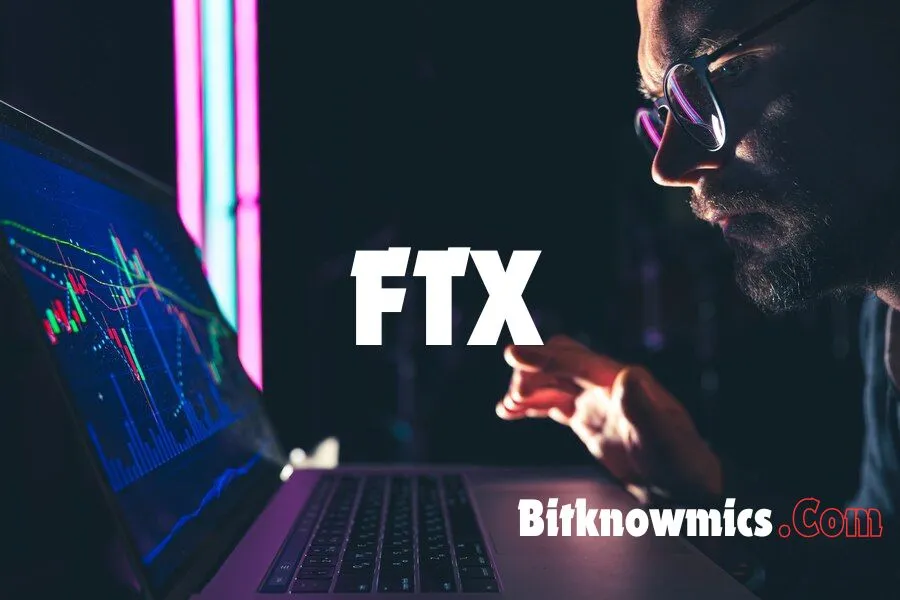SEC May Challenge FTX's Plan to Pay Creditors in Stable Coins
Written by: Editor | Regulation | September 2, 2024 | |


The ongoing bankruptcy proceedings of the now-defunct cryptocurrency exchange FTX have taken a new turn as the U.S. Securities and Exchange Commission (SEC) signals its intent to challenge the company’s proposed plan to repay creditors using stablecoins. FTX, which collapsed in 2022 amid allegations of financial misconduct, recently put forward a plan that aims to pay creditors up to 118% of their assets in stablecoins, a type of cryptocurrency pegged to the value of traditional currencies like the U.S. dollar.
FTX’s Proposed Redistribution Plan
FTX’s proposal to repay creditors in stablecoins has sparked controversy and opposition. The plan, which suggests paying creditors an amount that could exceed their original holdings, has been met with skepticism from various quarters. A group of FTX creditors has already voiced their concerns, arguing that the redistribution of assets in this manner is not only unprecedented but could also set a dangerous precedent for future bankruptcies involving cryptocurrency companies.
SEC’s Concerns Over Crypto Asset Transactions
The SEC has made it clear that it reserves the right to challenge any transactions involving crypto assets as part of FTX’s bankruptcy plan. The regulatory body’s concern lies in the potential implications of using stablecoins to repay creditors, which could complicate the legal and financial landscape for cryptocurrencies. By scrutinizing this aspect of the plan, the SEC aims to ensure that all transactions comply with existing financial regulations and do not undermine the integrity of the broader financial system.
Objections from the U.S. Trustee and SEC
Adding to the complexity of the situation, the SEC has joined forces with the U.S. Trustee, a component of the Department of Justice responsible for overseeing bankruptcy cases, in objecting to a specific provision in FTX’s bankruptcy plan. This provision, known as the discharge provision, would essentially release FTX and its executives from certain legal liabilities following the conclusion of the bankruptcy proceedings. Both the SEC and the U.S. Trustee argue that such a provision is inappropriate given the unresolved legal and regulatory issues surrounding FTX’s collapse.
The Road Ahead
As FTX’s bankruptcy proceedings continue, the outcome of these challenges could have significant implications for the future of cryptocurrency regulations and the treatment of crypto assets in bankruptcy cases. The SEC’s involvement highlights the growing scrutiny of the crypto industry by regulators and the ongoing efforts to establish a clear legal framework for digital assets. Creditors, regulators, and the broader financial community will be watching closely as this case unfolds, as it could set important precedents for how similar cases are handled in the future.

6
1
0.00400


Comments (1)
You must be logged in to comment. Login here